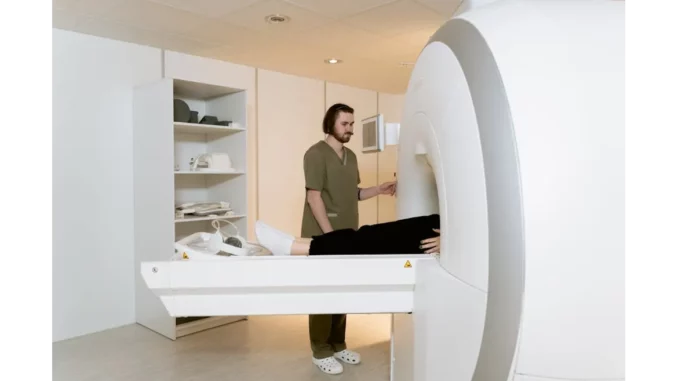
In the fast-paced realm of global health challenges, human challenge trials emerge as both a beacon of potential and a focus of heated debate. These trials, which involve the intentional exposure of healthy volunteers to pathogens, promise to expedite vaccine and treatment development. However, they also raise significant ethical concerns. In a recent discussion with Dr. Charlotte Hammond, a leading clinical researcher at the Institute of Emerging Health Technologies, we explored the intricate balance between innovation and ethics that defines this cutting-edge field. Her perspectives illuminate both the transformative promise and the profound ethical questions inherent in human challenge trials.
Dr. Hammond’s office, cluttered with papers and resonating with the hum of ongoing experiments, reflects the dynamic environment in which she works. Her calm yet passionate demeanour underscores her commitment to the potential of human challenge trials. “We live in an age where speed is paramount,” she remarked, adjusting her glasses thoughtfully. “These trials enable us to drastically reduce the time needed for vaccine development by providing invaluable scientific insights through controlled exposure.” The promise of developing vaccines in months rather than years is indeed compelling, offering the potential to unlock new understanding of disease mechanisms previously thought unattainable.
Despite the allure of rapid advancements, human challenge trials are fraught with ethical complexities. The intentional exposure of volunteers to diseases, even under controlled circumstances, raises profound moral questions. Dr. Hammond acknowledges these concerns with a thoughtful nod, emphasising the need for a delicate equilibrium between urgency and ethical standards. “Critics rightly point out that the pursuit of quick results must not overshadow participant safety and well-being,” she explained. Ensuring fully informed and voluntary participation is paramount, as transparency and trust form the backbone of such research endeavours. Yet, public perception plays a critical role. With vaccine scepticism on the rise, the future of human challenge trials remains precarious, underscoring the necessity of maintaining public trust.
Technological advancements further complicate this landscape. Human challenge trials increasingly rely on technologies such as artificial intelligence (AI) and big data analytics to refine protocols and optimise outcomes. “AI allows us to process vast data sets swiftly, uncovering patterns and insights that can pave the way for personalised treatments,” Dr. Hammond noted. However, this reliance on technology introduces its own set of challenges, including the risk of algorithmic errors and data privacy concerns. Dr. Hammond cautions against viewing technology as a cure-all, stressing the importance of ensuring that technological tools enhance rather than undermine ethical standards.
Moreover, the inequitable access to these technological advancements could exacerbate disparities between developed and developing regions. “It’s essential that these innovations are accessible to all, not just a select few,” Dr. Hammond asserted, highlighting the critical importance of striving for equity in healthcare. The pursuit of global health solutions must be guided by a commitment to inclusivity and fairness, ensuring that the benefits of medical advancements are shared widely.
As our conversation drew to a close, Dr. Hammond eloquently encapsulated the dual nature of human challenge trials. “We stand on the brink of a new frontier in medicine,” she reflected. “The key is to navigate it with caution, ensuring that innovation and ethics walk hand in hand.” The future of human challenge trials hinges on our collective ability to strike a balance between the drive for medical breakthroughs and the imperative to protect and respect human life. As we move forward, it is this delicate interplay between speed and safety that will ultimately shape the legacy of these trials, offering a glimpse into the evolving landscape of global health research.


Be the first to comment